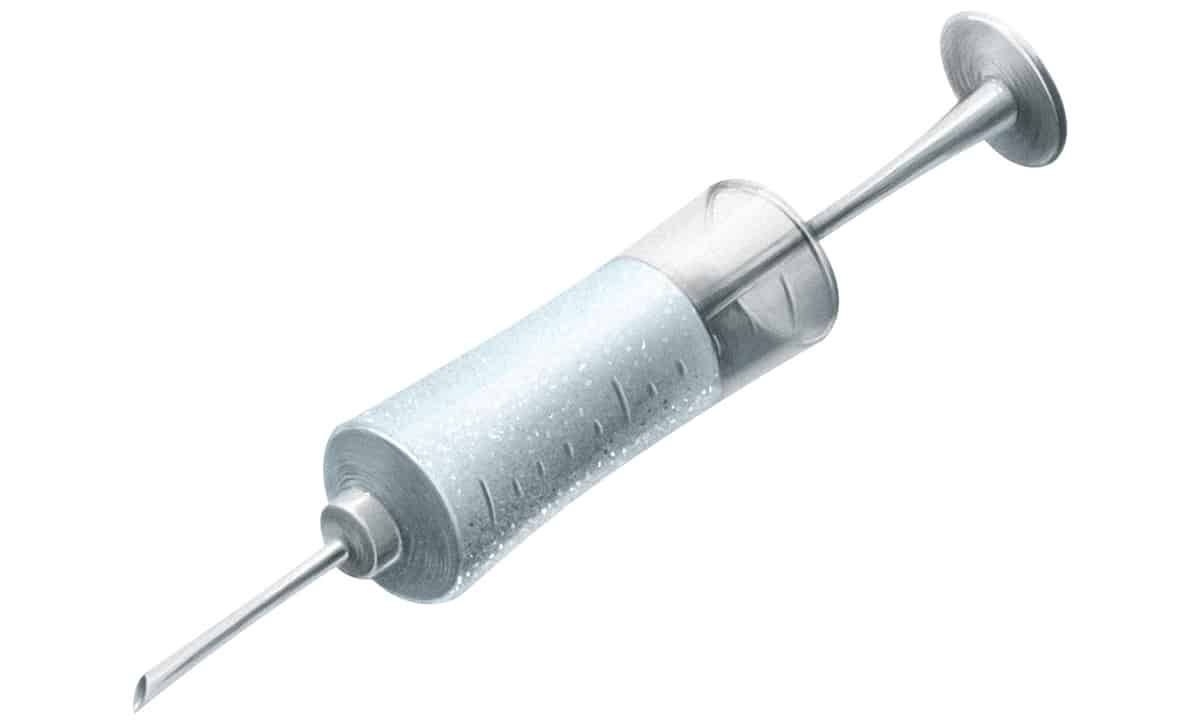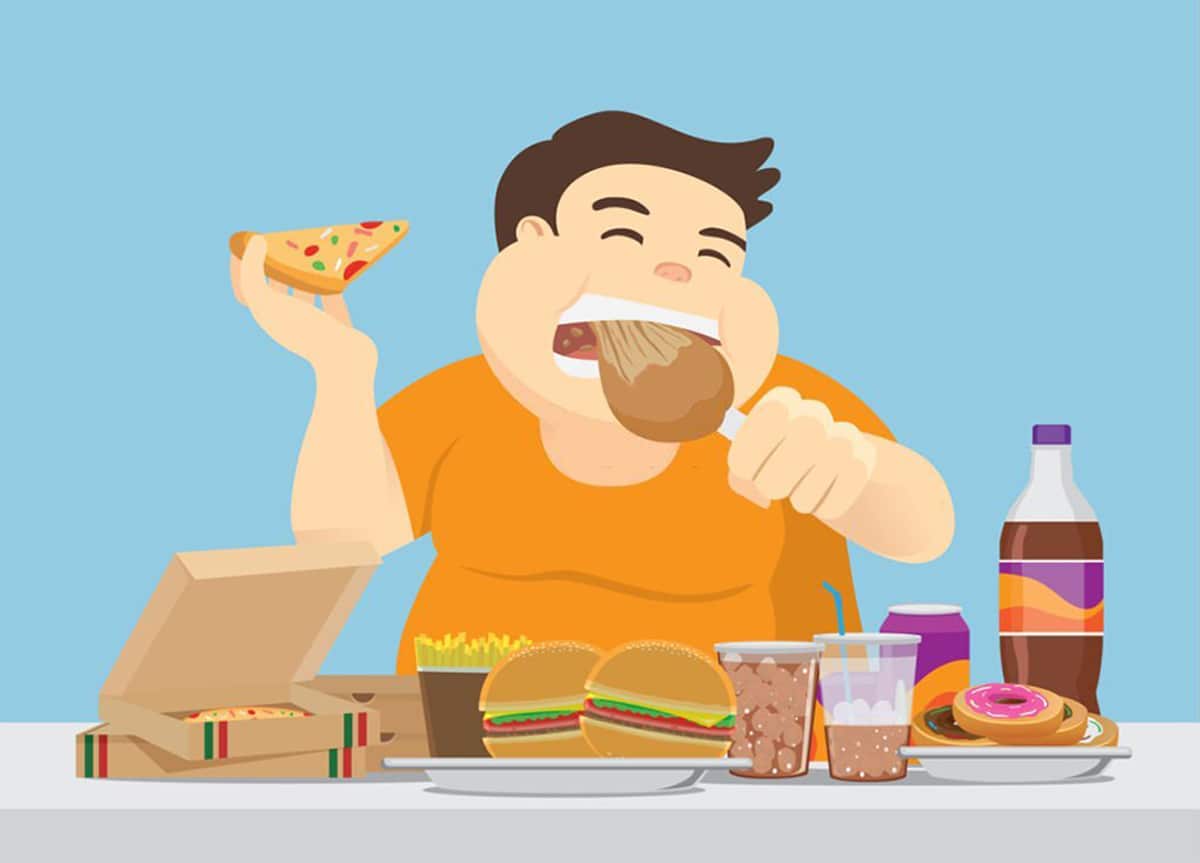
Food addiction is one of the most controversial topics in nutrition. Some people insist that sugar is a drug – we’re a society of addicts and the only way out is abstinence. Other people think the whole concept of sugar addiction or food addiction is nonsense, and the real danger is in making people unreasonably afraid of certain foods instead of helping them eat them in moderation. One argument you typically see for Paleo is that it eliminates "addictive" foods - but what does that really mean?
In this series, we’ll try to tease out exactly what’s going on here. Here’s an outline:
- Part 1: Questions, Problems, and Misunderstandings. The answers you get are only as intelligent as the questions you ask: what kinds of questions do we need to ask about food addiction? What makes it so complicated?
- Part 2: Brain Chemistry and Chemical Dependence. A look at the brain chemistry of food reward, opioid peptides in wheat and dairy foods, and whether or not food acts like a drug.
- Part 3: Does Food Cause Addiction? Is there such a thing as addictive behavior that revolves around food? Is it caused by the food itself, or by something else?
This is Part 1; check back next week for Part 2!
Food Addiction: A Tangled Problem
Just so you’re forewarned: this part of the series has more questions than answers. If you leave a little confused, you’re doing it right – that’s how complicated topics work. These are all questions to bear in mind to avoid getting stuck in black-and-white thinking or logical fallacies: hopefully they’ll all be addressed by the end of the series.
First of all, let’s define what we’re talking about. As defined by its supporters, food addiction is a compulsive fixation on food in general or specific foods (e.g. sugar) in particular that results in maladaptive, life-wrecking type behaviors.
Addiction vs. Chemical Dependence
Addiction is not the same thing as chemical dependence. Chemical dependence means that your body is used to something and you get withdrawal symptoms if you stop it. But that doesn’t necessarily cause addiction all by itself. An easy example is morphine. Morphine causes chemical dependence and withdrawal symptoms. Many people become addicted to it. But most of us also know someone who got morphine in the hospital and didn’t end up addicted to it, in the life-ruining, compulsive-behavior sense.
Another example is coffee. Coffee causes chemical dependence and withdrawal symptoms, and some people call themselves “coffee addicts,” but unless their coffee use is ruining their life, they aren’t really “addicts” in the medical sense. A true coffee “addict” would do things like skipping family events to drink coffee alone, or compulsively drinking increasingly ridiculous amounts of coffee despite obvious negative consequences. Most people who drink coffee don’t behave like that: they’re dependent, but not addicted.
Chemical dependence is when you get withdrawal symptoms from something; addiction is when you display compulsive, maladaptive behavior around it. Addictions often focus on substances that also cause chemical dependence (alcohol, heroin, morphine…), so they’re obviously related, but they’re two different concepts.
This is important, because proving that food causes chemical dependence doesn’t prove that it causes compulsive, addictive behavior. It could be like coffee, where most people can be chemically dependent without addiction.
So what would true food addiction look like? Some examples of maladaptive behaviors that might revolve around food:
- Skipping other things you enjoy so you can spend more time with food.
- Withdrawing from other people so you can be free to eat.
- Spending excessive amounts of time, effort, and/or money on getting food.
- Continuing to eat a food for reasons you don’t totally understand, even though you don’t want to.
(For even more details, you can take a look at the Yale Food Addiction Scale)
Addiction vs. “Liking”
So food addiction is not the same thing as chemical dependence, but they’re related problems. Food addiction is also not the same thing as liking food or feeling pleasure from food. This gives us another definition problem: how do you separate “liking” something from being “addicted” to it? We use the words almost interchangeably in everyday conversation (how many times have you heard someone claiming they’re “addicted” to a TV show?), but they’re not the same thing.
We’re hardwired to have a very intense liking for food, for a very good and obvious reason: if we don’t eat, we die. The first priority of your evolutionary drives and instincts is to keep you alive, and you’ll die of starvation a lot faster than you’ll die from complications of obesity. For most of human history, getting food was difficult and dangerous. We kept going out there to risk our lives to get it because when we got the food and ate it, the pleasure centers in our brain released neurotransmitters that made us feel good.
How good? Really good. Food “lights up” the same area of your brain (the nucleus accumbens) and releases the same neurotransmitter (dopamine) as addictive drugs, gambling, and sex. That’s enough for some people to declare food (or specific foods) “addictive” with no further research necessary.
But here’s the thing: anything that gives you pleasure lights up that area of your brain. The pleasure you feel from (for example) listening to music, seeing an attractive person, or being in love is mediated through the exact same pathways. If you enjoy sex, you’re getting pleasure from it through the same pathways that you’d get pleasure from drugs; does that automatically make you a sex addict? No? Well then, getting pleasure from food doesn’t automatically make you a food addict, either.
Our liking for food, and the sensation of pleasure when we eat it, is a normal part of human psychology, just like feeling pleasure when you listen to music or fall in love. It’s not a disorder or an addiction.
On the other hand, though, it is possible for things to be “too pleasurable:” to overstimulate those pathways. This causes a kind of progressive “burnout” where normal stimuli are no longer pleasurable, and feeling good again requires more and more of the substance. With foods, we call this “hyperpalatable:” hyperpalatable foods are designed to hit our “I’m lovin’ it!” buttons so hard that real food doesn’t taste good anymore. This is much more interesting from an addiction standpoint – although remember that it still isn’t the same thing as compulsive or addictive behavior.
So the question is not whether food (or anything else) “lights up the same area of your brain as drugs.” That’s a silly question, because it only tells us about pleasure, not about addiction. The real question is whether food, or particular foods, lights up those areas too brightly.
Food vs. Specific Foods
Another question is whether the addiction is to “food” in general, or to specific foods. Food Addicts Anonymous, for example, argues that “We are not addicted to foods in general, but specifically sugar, flour and wheat.”
This raises a new set of questions: if some foods are addicting and other foods are not, then what specifically is the difference? Is it that refined carbohydrates simply over-light those pleasure centers in your brain, in a way that other foods don’t? Is there evidence of this? Or is it another factor, like opioids in gluten and casein? Is there evidence of that?
The Addict vs. the Substance
Another important question: if food in general, or certain foods in particular, are inherently drug-like, then how come some people can eat them without displaying addict-type behavior? People exist who can eat just two Oreos from a package, and then close the package and put it back on the shelf without feeling any angst or despair about it. If Oreos are inherently addictive, why are these people immune?
Summing it Up
As you can see, food addiction is a very complicated problem. Simplistic, sensationalizing statements like “sugar is as addicting as cocaine!” don’t help anyone figure it out.

Our big questions to answer about food addiction are:
- Does it have to do with food in general or only specific foods?
- Does food in general or do certain foods in particular cause chemical dependence? Do they mess with normal brain chemistry?
- If it exists, does this cause people to display addictive behavior that revolves around food?
- If food or some foods are inherently addictive, how are some people affected while others can eat the same foods without a problem?
Check back next week for a look at food, brain chemistry, and chemical dependence!





Leave a Reply